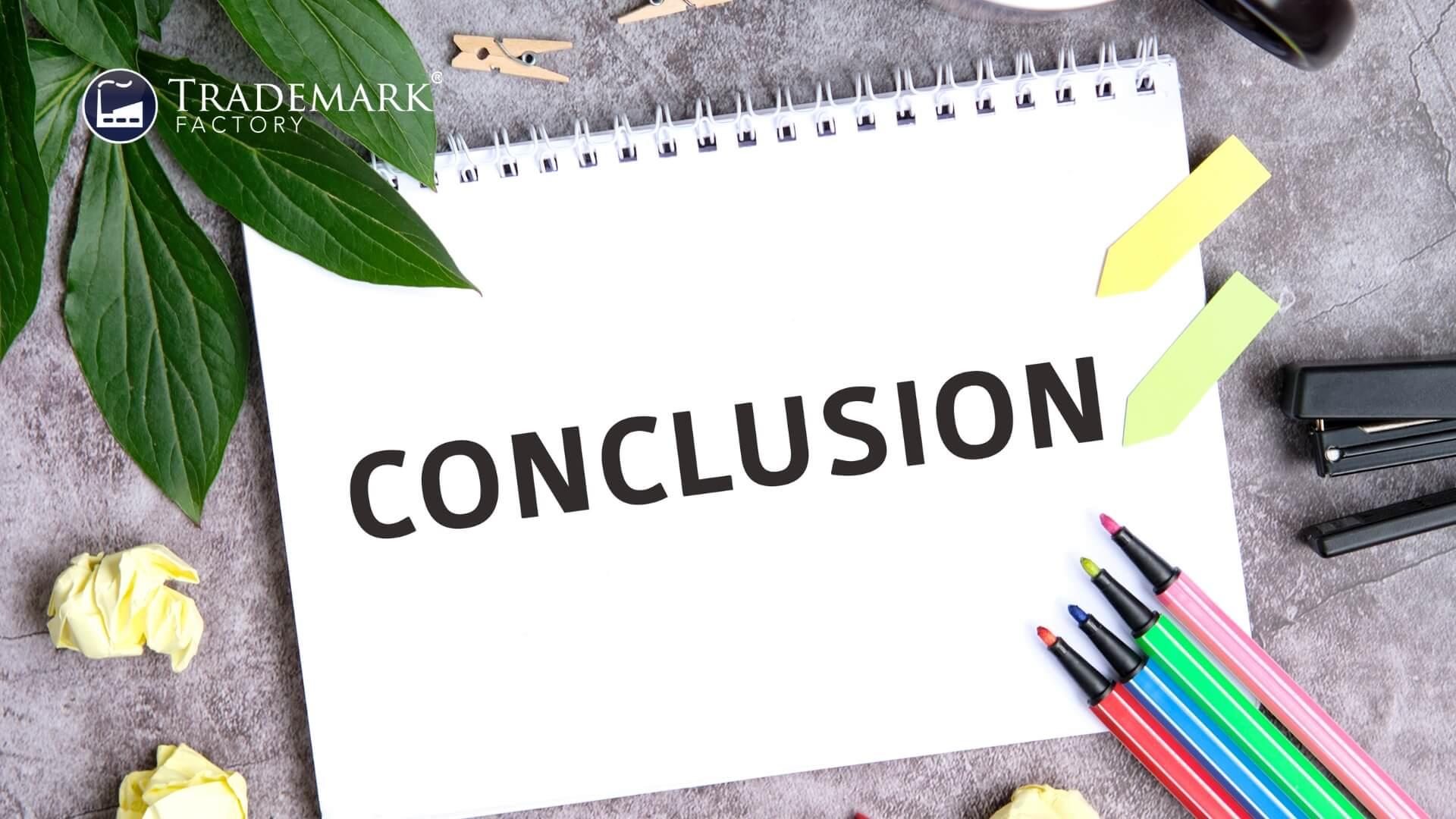Role of Examining Attorneys in Trademark Examination and Registration

This article explores the indispensable role of examining attorneys in the process of trademark examination publication and registration. A comprehensive understanding of their responsibilities, including detailed analysis, legal research and decision-making, will be delved into. This discussion provides a valuable insight into the intersection of intellectual property law and business strategy, highlighting its significance in safeguarding brand identity while promoting competitive market presence.
Understanding the Significance of Examining Attorneys

The role of examining attorneys in the trademark examination process is multifaceted, encompassing a thorough analysis of trademark eligibility based on specific criteria, ensuring compliance with federal law, and identifying potential conflicts with existing trademarks. These legal professionals apply their keen insight to scrutinize the use of proposed trademarks in commerce, thereby safeguarding the integrity of registered marks. A deep dive into these aspects will shed light on how examining attorneys contribute significantly to maintaining a fair and efficient intellectual property system.
Examining Attorney's Role in the Trademark Examination Process
Integral to the role of trademark examination process, examining attorneys meticulously scrutinize each application to ensure compliance with established legal criteria. This involves leveraging their expertise for a comprehensive legal compliance assessment and identification of potential conflicts.
Examining Attorney's Expertise
Role in Trademark Examination Process
Legal Compliance Assessment
Ensuring applications meet all legal requirements
Trademark Eligibility Criteria
Determining if a mark qualifies for registration
Potential Conflicts Identification
Checking for similar existing trademarks
The following section will delve into the specific criteria determining by examining attorneys during trademark eligibility evaluations.
Criteria Utilized by Examining Attorneys for Trademark Eligibility
Criteria for determining to be utilized for trademark eligibility assessments by examining attorneys encompass various elements such as distinctiveness, non-descriptiveness, and absence of potential conflicts with existing registrations. The role of examining attorneys in this trademark examination process holds great significance. They scrutinize each application to ensure trademark eligibility criteria are met, maintaining a balance between creativity and compliance with federal law. This leads to further discussion on ensuring compliance with federal law: an examining attorney's focus.
Ensuring Compliance with Federal Law: Examining Attorney's Focus
Ensuring adherence to reviewing trademark applications for federal law compliance emerges as a primary focus in the scrutinization of applications, with legal professionals meticulously evaluating each submission for potential legal risks and conflicts. This examination process overview includes a thorough trademark use analysis as part of ensuring legal compliance. Identifying conflicts early facilitates swift resolution, paving the way for smooth navigation into subsequent discussions concerning potential conflicts with existing trademarks.
Identifying Potential Conflicts with Existing Trademarks
Identification of possible conflicts with existing trademarks forms a vital component in the arduous process of ensuring trademark uniqueness and legal compliance. Thorough trademark searches, strategies for avoiding trademark clashes, and understanding factors influencing conflicts are paramount. Trademark conflict resolution aids in mitigating the legal consequences of infringement. This discourse leads naturally to an examination of how attorneys analyze trademark use in commerce.
Analyzing Trademark Use in Commerce: Examining Attorney's Insight
An in-depth analysis of trademark use in commerce forms the basis for legal professionals' insights when assessing proprietary symbols. The examining attorney's expertise is crucial in avoiding trademark infringement, guiding the registration process, supporting examination challenges and evaluating eligibility criteria. In trademark ownership disputes, their role becomes indispensable. This comprehension sets the ground for conducting comprehensive research on trademarks registrations.
Conducting In-Depth Research on Trademark Registrations
Conducting comprehensive research on trademark registrations and applications on proprietary symbols aids in understanding their history, current status, and potential conflicts. This involves:
- Mastery of research techniques
- Use of a trademark database for competitive analysis
- Recognition of potential trademark infringement scenarios
- Development of effective trademark search strategies
This detailed-oriented approach is crucial in intellectual property law. The subsequent section delves into evaluating evidence of trademark ownership and use.
Evaluating Evidence of Trademark Ownership and Use
Evaluation of evidence pertaining to proprietary or trademark symbol ownership and utilization forms a critical aspect of intellectual property law. This process involves evaluating evidence, vetting documents for proof of trademark ownership, and assessing the genuine use of said trademarks. Such rigorous verification ensures the authenticity of claims, fostering an environment where rightful owners thrive. The subsequent section delves into effective communication with applicants in relation to the examining attorney's role.
Effective Communication with Applicants: Examining Attorney's Role
Effective conveyance of findings and communicating to applicants on trademark examination results forms a critical component of the intellectual property legal proceedings, necessitating skillful interaction and clear articulation of results.
* Effective communication caters to applicant understanding
* Applicant feedback is crucial in refining processes
* Overcoming obstacles requires active engagement
* Applicant satisfaction hinges on transparent discussions
* Constructive discussions lead to successful resolutions
Such practices lay the groundwork for the subsequent phase where examining attorneys make an impactful decision: approving or rejecting a trademark application.
Making the Verdict: Approve or Reject a Trademark Application
In the decision-making process, a critical juncture is reached where determining approval or rejection of trademark application must be determined, a verdict that carries significant implications for all parties involved. This involves stringent verdict criteria such as legal compliance, conflict analysis and evidence evaluation.
Verdict Criteria
Description
Legal Compliance
Adherence to intellectual property law
Conflict Analysis
Evaluation of potential trademark conflicts
Evidence Evaluation
Examination of provided justifications
The next section will discuss applicant guidance through examination challenges.
Guiding Applicants Through Examination Challenges
Providing guidance to applicants on addressing trademark examination issues through challenges encountered during the scrutiny phase requires profound expertise, conscientiousness, and adaptability from the advising entity. Examining attorneys play a pivotal role in:
* Overcoming obstacles during trademark examination
* Navigating complexities of intellectual property law
* Providing guidance for successful resubmissions
* Addressing concerns promptly and proficiently
* Resolving issues related to submission irregularities
This discourse shall now transition into an intricate exploration of examining attorneys' responsibilities.
Delving Deep into the Role of Examining Attorneys

Delving deep into the role of examining attorneys reveals their critical function in ensuring the uniqueness and legality of trademarks prior to registration. Exploring challenges, they utilize communication strategies steeped in intellectual property law knowledge. Their rigorous adherence to legal requirements and examination criteria mitigates trademark conflicts, creating a sense of belonging for those navigating the complex landscape of trademark registration.
Frequently Asked Questions

What Is the Average Salary of an Examining Attorney in the Trademark Sector?
Salary disparities among examining attorneys in the trademark sector are influenced by factors such as geographic location, law firm variations, industry demand, and career progression stages.
How Many Years of Experience Does One Typically Need to Become an Examining Attorney?
The career progression path towards becoming an examining attorney generally necessitates a minimum of three to five years of experience in intellectual property law, with specific emphasis on trademark examination and registration processes.
What Specific Qualifications or Degrees Are Required to Become an Examining Attorney?
To become an examining attorney, successful completion of a Bar Exam is essential. In addition, specialization in intellectual property law, adherence to ethical standards, and knowledge of global trademark laws are requisite qualifications.
Do Examining Attorneys Only Work With Trademarks or Can They Handle Other Types of Intellectual Property as Well?
Examining attorneys, while specializing in trademark litigations, also navigate patent examination, copyright laws, and trade secret protection aspects. Hence, their expertise extends beyond trademarks to other facets of intellectual property rights.
Are There Any Well-Known Examining Attorneys in the Trademark Sector Who Have Made Significant Contributions to the Field?
Significant contributions to the trademark sector have indeed been made by renowned examining attorneys. Their influence, evident through trademark case studies, career milestones, and legacies left, reaffirms their stature as famous representatives in this field.
Conclusion

In conclusion, the role of examining attorneys in trademark examination and registration is crucial. They ensure that all submitted trademarks comply with existing laws and regulations. Their exhaustive knowledge in intellectual property law enables them to provide accurate assessments and recommendations beneficial for both applicants and the public interest. Hence, their involvement significantly upholds the integrity of the trademark system and protects businesses from potential legal disputes.
Subscribe to Trademark Wednesdays, our weekly newsletter where we'll send fun and informative trademarking topics straight to your inbox.




